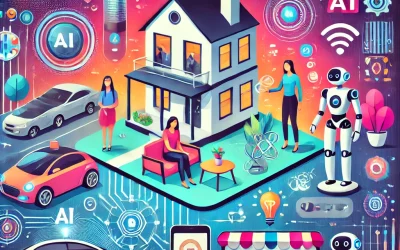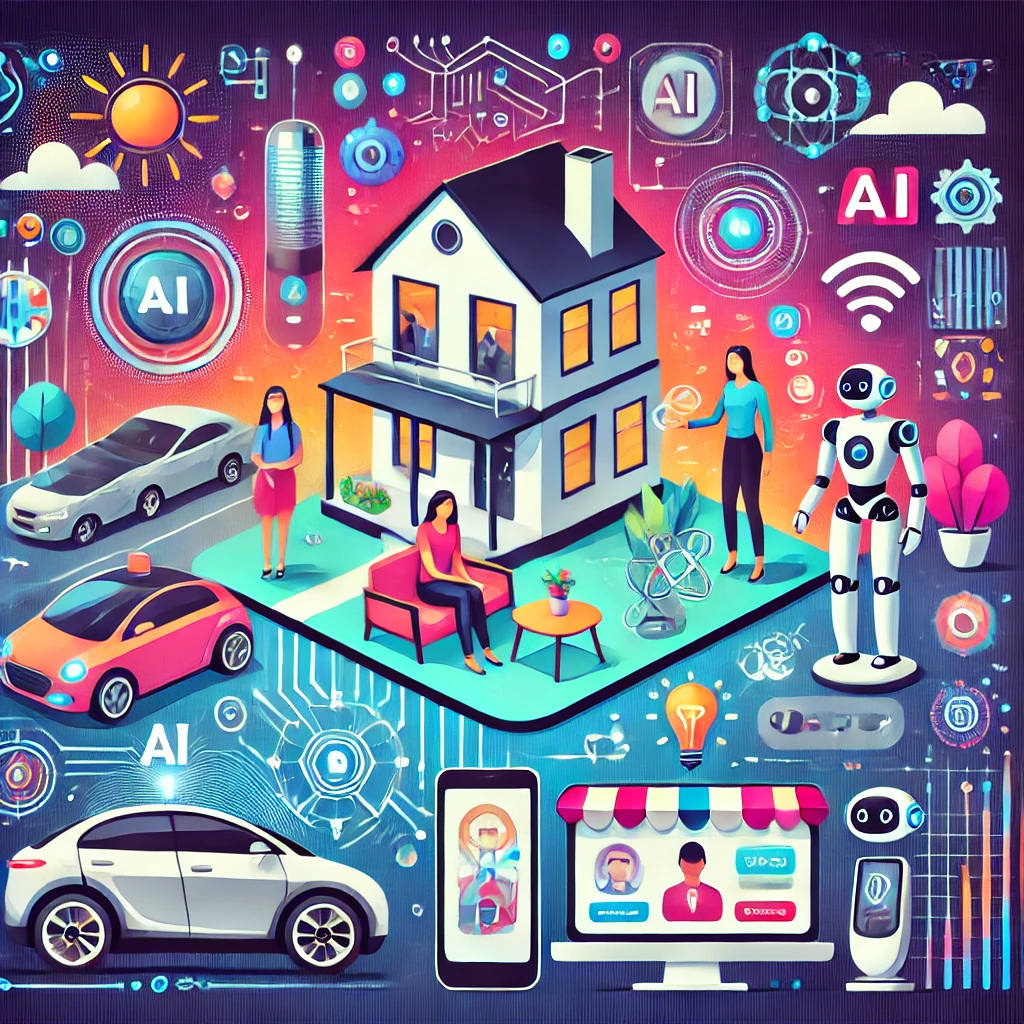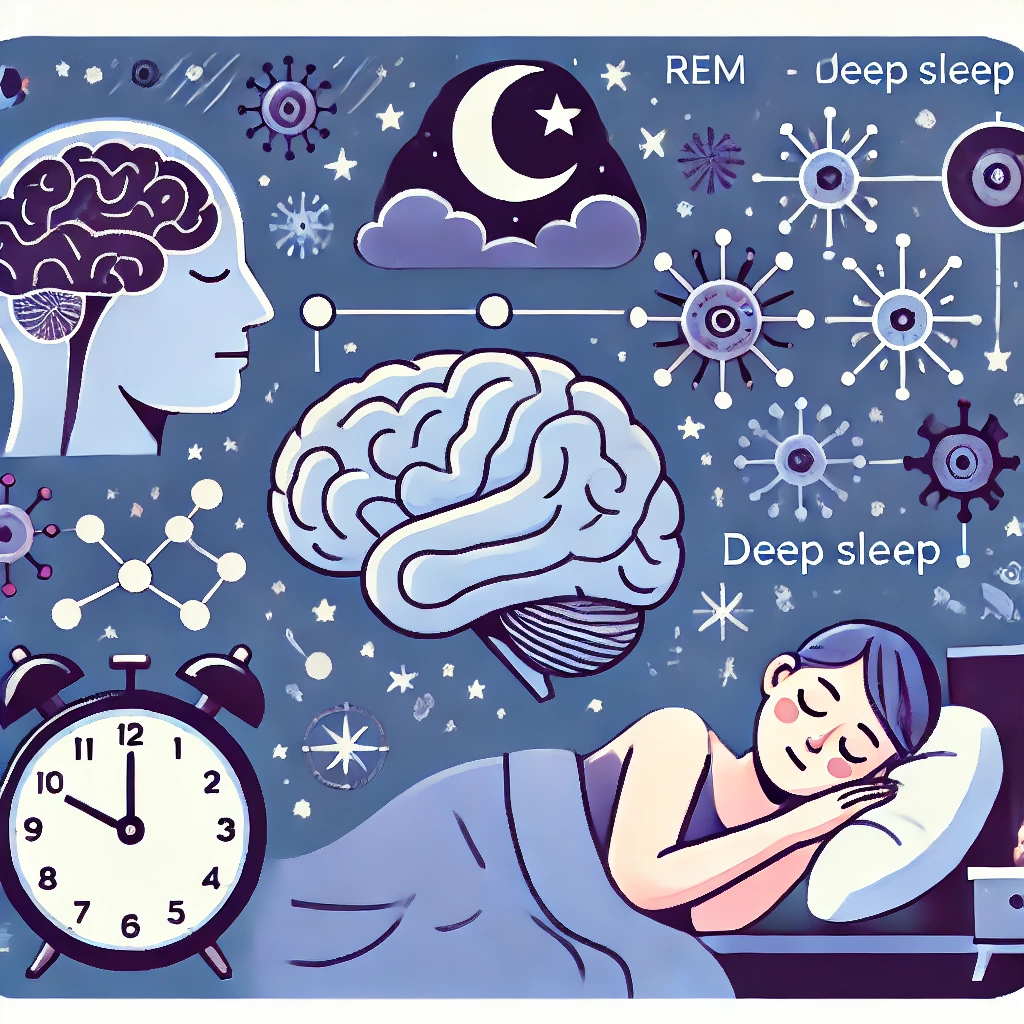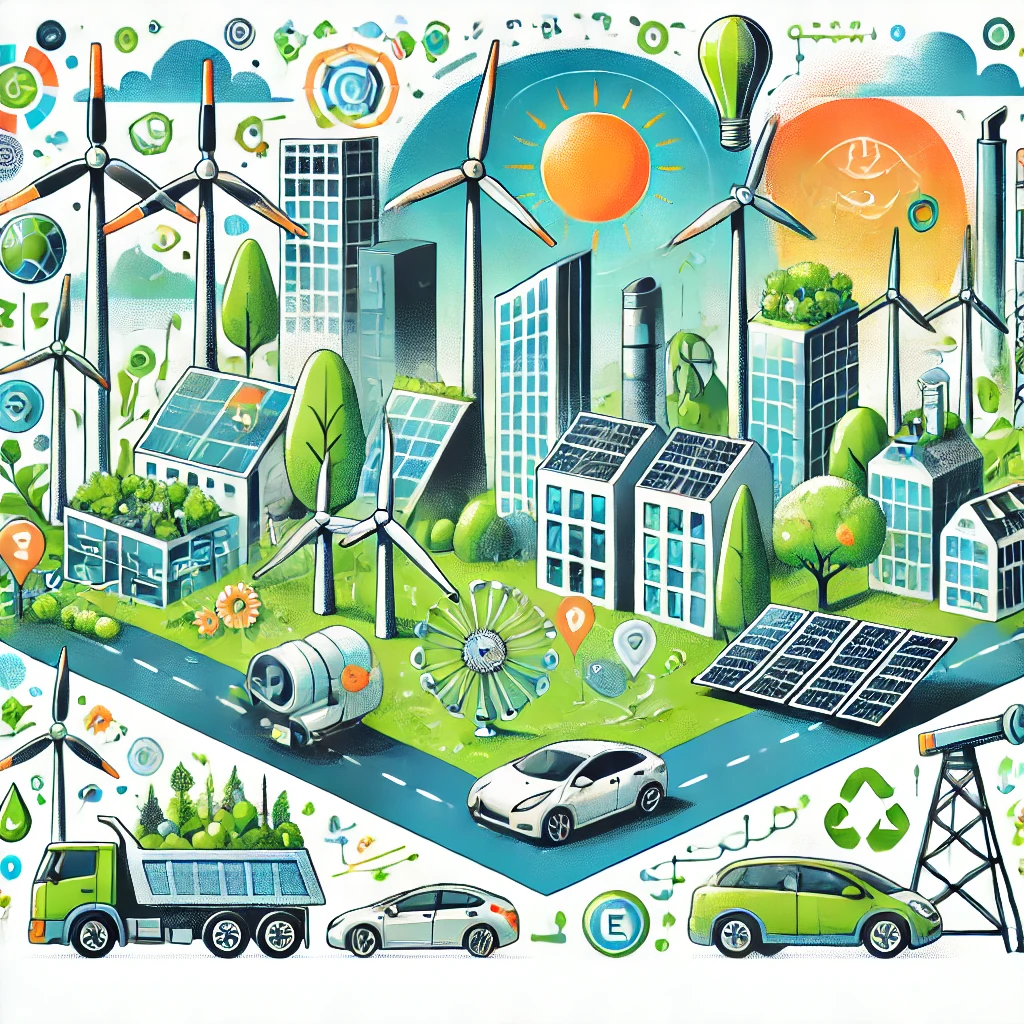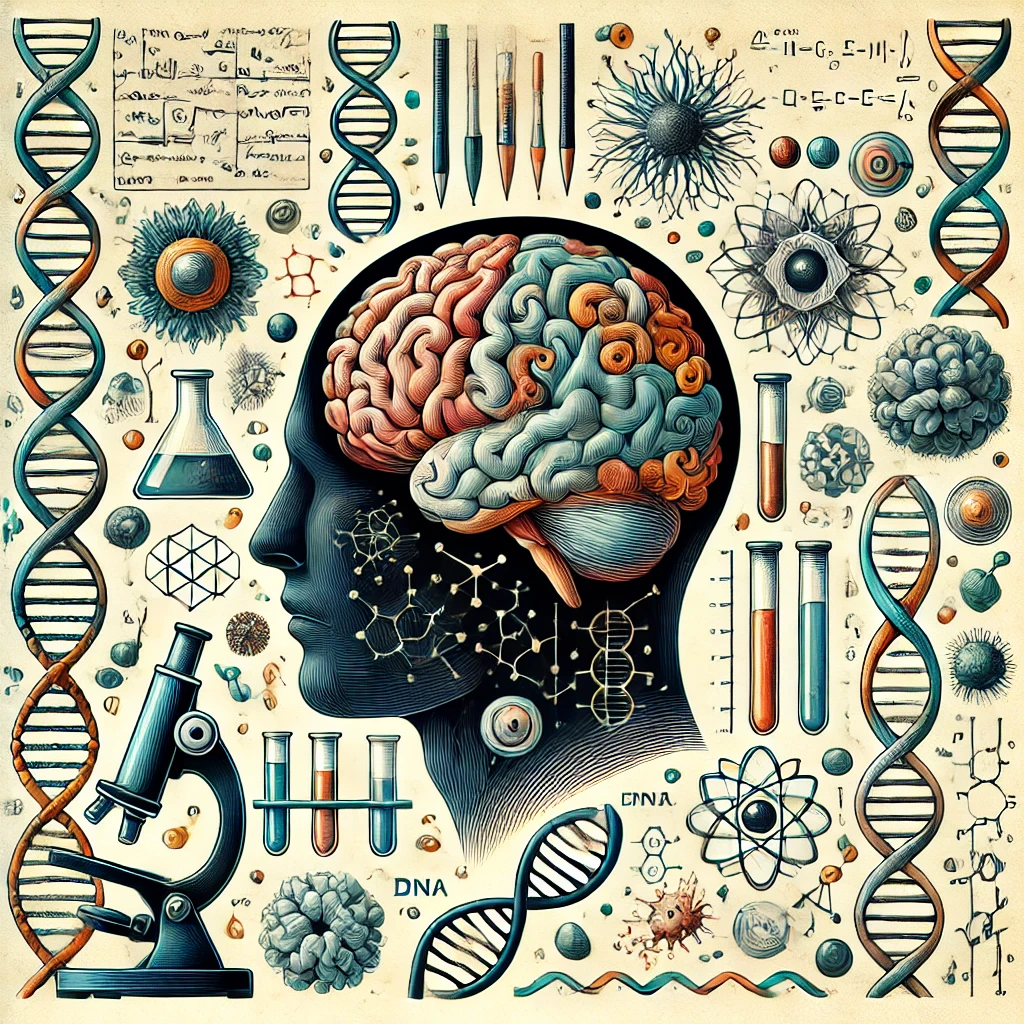Artificial Intelligence (AI) is transforming the way we live, work, and interact with the world. From smart homes and self-driving cars to personalized healthcare and virtual assistants, AI technologies are becoming increasingly integrated into our daily lives. This article explores the various ways AI is impacting everyday life and the benefits it brings.
Smart Homes
AI-powered smart homes are designed to enhance convenience, security, and energy efficiency. Connected devices and intelligent systems work together to create a seamless living experience.
Key Features:
- Smart Assistants: AI assistants like Amazon Alexa, Google Assistant, and Apple Siri can control home devices, set reminders, and provide information on demand.
- Connected Appliances: Smart refrigerators, ovens, and washing machines can be controlled remotely and offer features like automated cooking and energy monitoring.
- Home Security: AI-enhanced security systems use facial recognition, motion detection, and smart locks to keep homes safe.
Self-Driving Cars
Self-driving cars are one of the most exciting advancements in AI technology. These vehicles use a combination of sensors, cameras, and AI algorithms to navigate and drive without human intervention.
Benefits:
- Safety: AI can reduce human error, which is a leading cause of traffic accidents.
- Convenience: Autonomous cars offer greater mobility for those unable to drive, such as the elderly and disabled.
- Efficiency: AI can optimize routes and reduce traffic congestion, leading to lower emissions and fuel consumption.
Healthcare Innovations
AI is revolutionizing healthcare by improving diagnostics, treatment, and patient care. AI-powered tools and systems provide more accurate and efficient healthcare solutions.
Applications:
- Diagnostics: AI algorithms can analyze medical images and detect conditions like cancer with high accuracy.
- Personalized Treatment: AI can develop personalized treatment plans based on a patient’s genetic profile and medical history.
- Robotic Assistants: AI-powered robots assist in surgeries, rehabilitation, and patient care, enhancing precision and efficiency.
AI in Education
AI is also making significant strides in education by providing personalized learning experiences and automating administrative tasks.
Impact:
- Personalized Learning: AI platforms adapt to individual learning styles and pace, offering customized lessons and resources.
- Tutoring: AI tutors provide additional support and practice in subjects where students need improvement.
- Administrative Efficiency: AI streamlines tasks like grading, scheduling, and student enrollment, allowing educators to focus more on teaching.
AI in Everyday Tasks
AI simplifies and enhances everyday tasks, making life more convenient and efficient.
Examples:
- Virtual Shopping Assistants: AI helps shoppers find products, compare prices, and make purchasing decisions.
- Financial Management: AI-powered apps offer personalized budgeting advice, track expenses, and manage investments.
- Content Recommendations: AI algorithms suggest music, movies, and articles based on user preferences and behavior.
Conclusion
The integration of AI into everyday life is reshaping how we live, work, and interact with the world. From smart homes and autonomous vehicles to advanced healthcare and personalized education, AI brings numerous benefits that enhance convenience, efficiency, and quality of life. As AI technology continues to evolve, its impact on our daily lives will only grow, offering exciting possibilities for the future.
Embrace the advancements of AI and explore how these technologies can enhance your everyday experiences.

